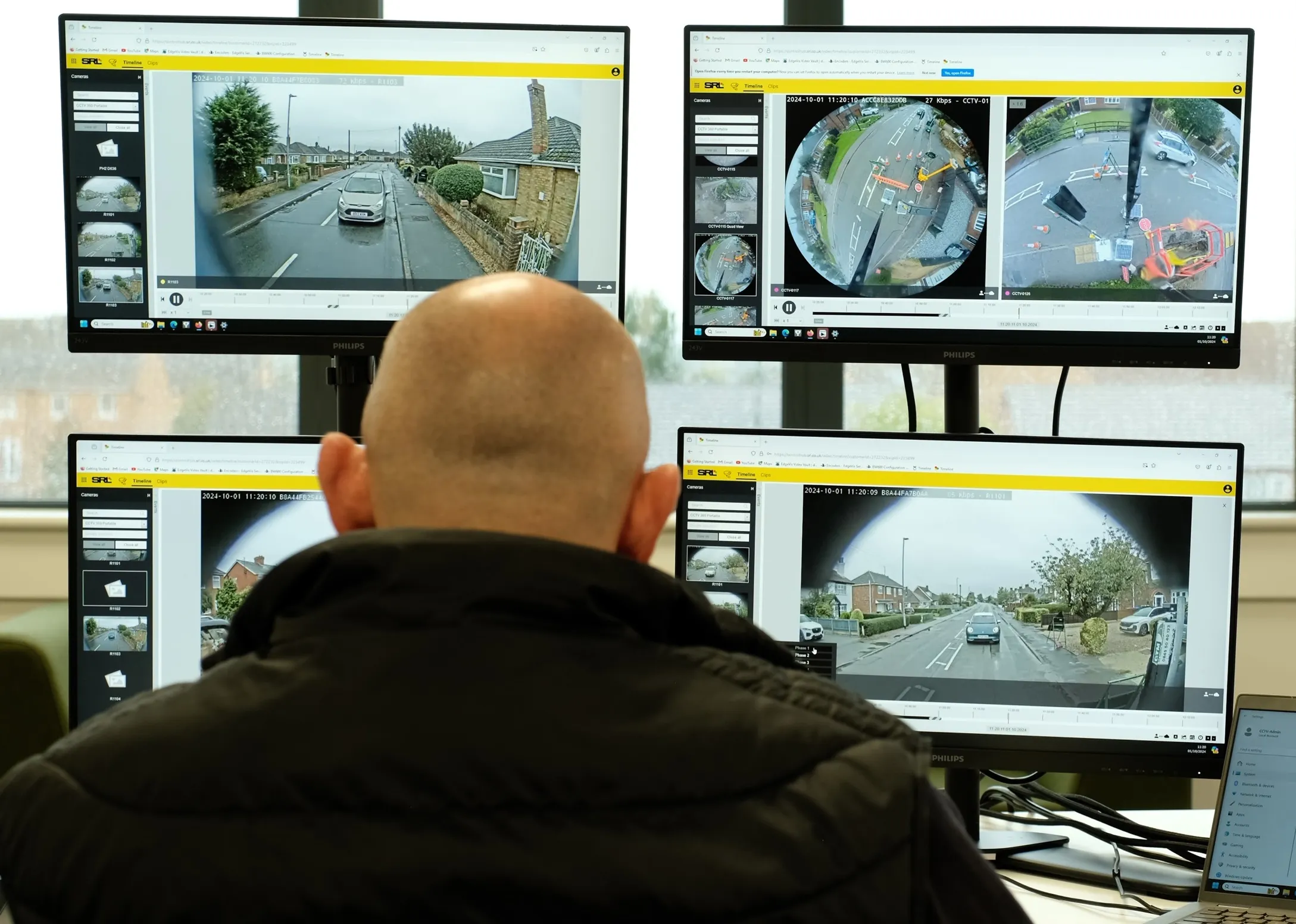
As state DoTs have switched from incandescent bulbs to LED traffic lights to save energy and maintenance costs, an unintended consequence has been that the low-wattage bulbs do not get hot enough to melt snow that accumulates on the signals.
Enter Zitek and its new LED traffic signal. Called MeltSmart, the signal includes an automatic heating element that kicks on as a photo-electric sensor detects coverage while a thermal sensor ensures the blockage isn’t caused by some other obstruction like pollen, litter or plant matter. The heating element raises the surface temperature of the lens in seconds and then automatically turns off when the snow melts.
“By providing drivers and pedestrians with clear visibility of the signals, MeltSmart greatly contributes to avoid traffic accidents and possible loss of life in snowy weather conditions,” said Soyoung Lee, the company’s CEO. “With the unique patented technology, Zitek strives to help protect lives and build safer roads worldwide.”
While DoTs will need to rip out and replace existing traffic signals with Zitek’s MeltSmart signals, Lee said that the additional cost—which runs about 15% more than existing signals—can be recouped through a reduction in traffic accidents, their response and fewer complaints. And with replacement cycles turning over every several years, she doesn’t see deployment as a major roadblock.








